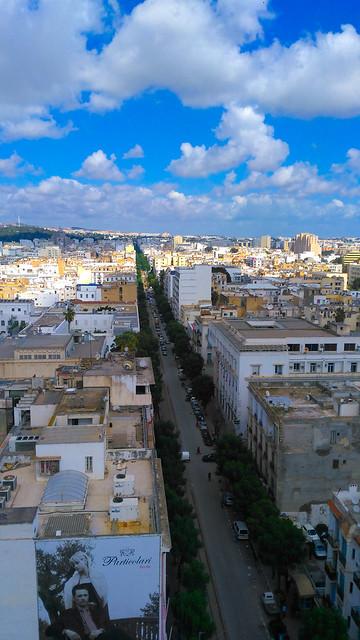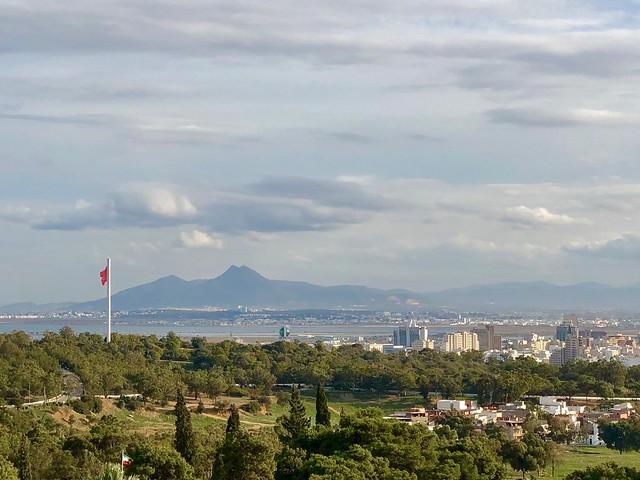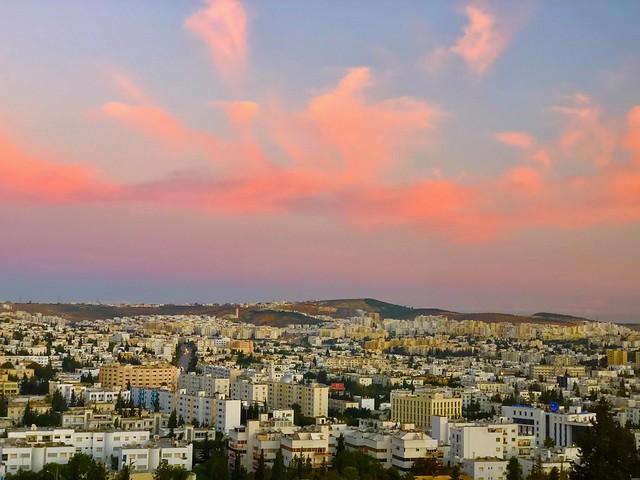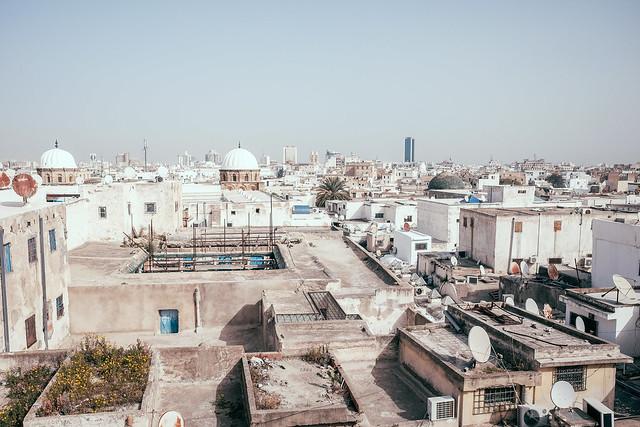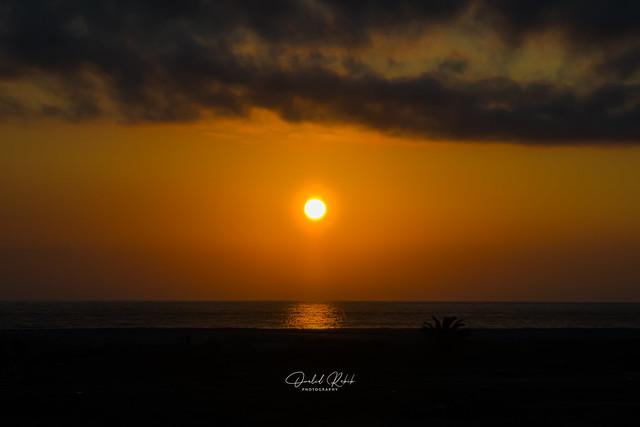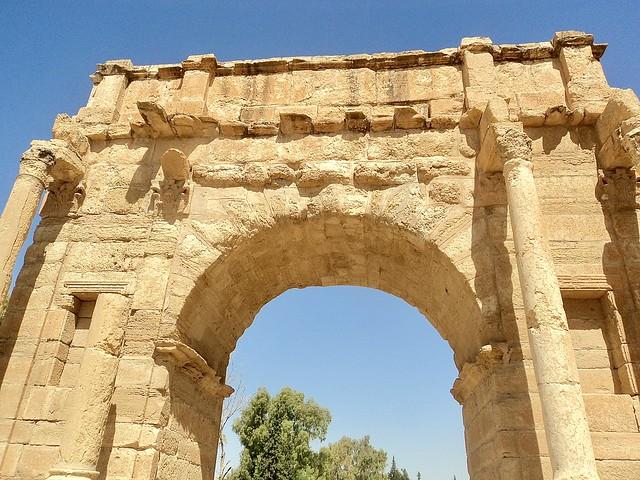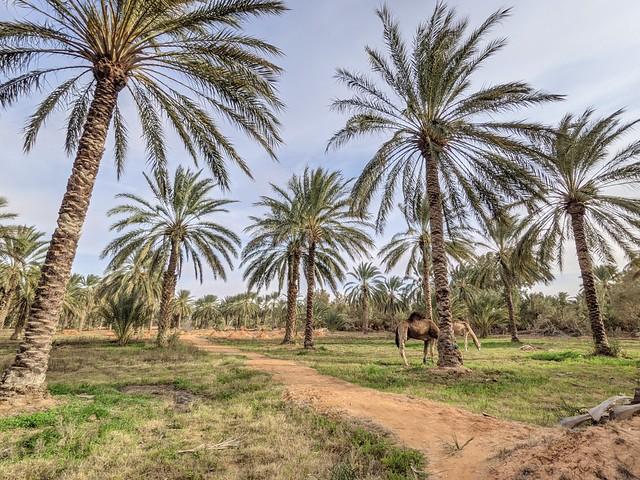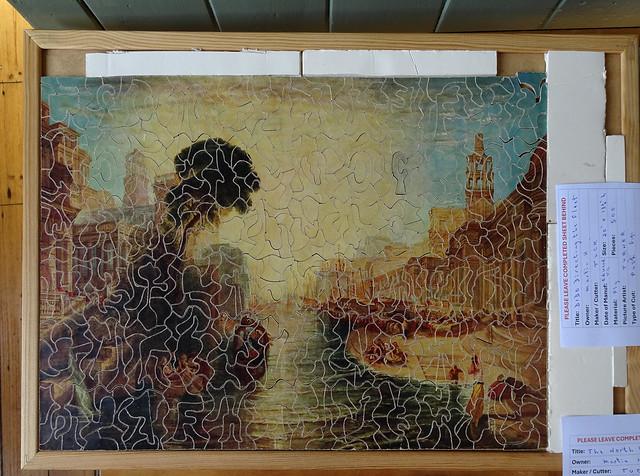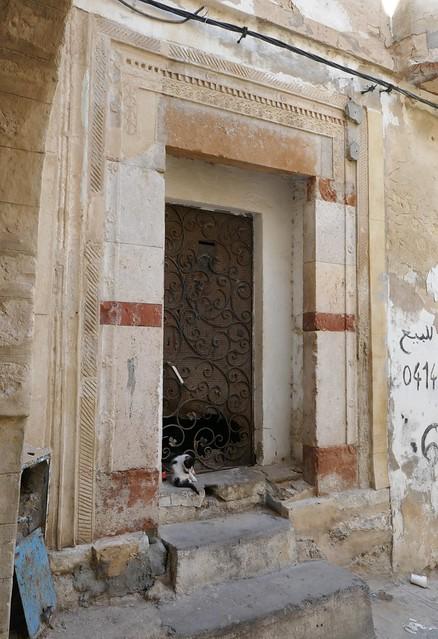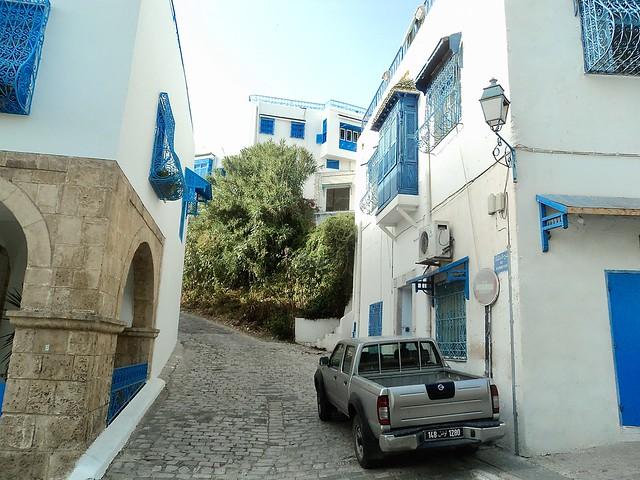Tunis
Overview
### Discovering Tunis, Tunisia: A Teenager’s Travel Guide
Overview of Tunis
Tunis, the capital city of Tunisia, offers a vibrant mix of ancient history and modern culture, making it a unique destination for young travelers. The city is home to a blend of Mediterranean and North African cultures, evident in its food, architecture, and languages spoken (Arabic and French). Tunis is famous for its Medina, a UNESCO World Heritage site, filled with narrow winding streets, bustling souks (markets), and historic buildings. The Bardo Museum, another must-visit, houses one of the world's most significant collections of Roman mosaics alongside Islamic art, providing a deep dive into the region's rich history.
Best Time to Visit and Activities
The high season for tourism in Tunis is from April to June and from September to early November. During these months, the weather is pleasantly warm, with temperatures ranging from 15°C to 26°C, making it ideal for exploring the city comfortably. This period avoids the scorching heat of the summer months. Teenagers can enjoy various outdoor activities such as visiting the ancient ruins of Carthage, strolling through the Medina, relaxing on the beaches of La Marsa, and exploring the verdant Belvedere Park. Cultural festivals and events, often held during these times, provide a chance to experience local music, dance, and cuisine.
Preparation Before Visiting
Before traveling to Tunis, there are several preparations that teenagers and their families should consider. Firstly, ensure that all travel documents, including passports, are valid for at least six months from the date of entry. While visas are not required for many nationalities for stays up to 90 days, it’s crucial to check the latest visa requirements based on your country. Vaccinations may not be mandatory, but it's advisable to have routine vaccines updated. Learning a few basic phrases in Arabic or French can be incredibly helpful in navigating the city and interacting with locals. Lastly, it’s wise to familiarize yourself with local customs and dress codes, particularly when visiting religious sites, to show respect and avoid any cultural insensitivity.
How It Becomes to This
History not available

You May Like
Explore other interesting states in Tunisia
Discover More Area
Delve into more destinations within this state and uncover hidden gems.


